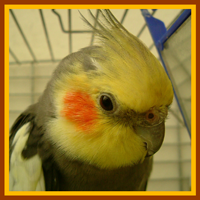KIKI

Our system, KIKI, was devised following extensive research on learning paradigms, including collaboration and the use of games within the educational context, and is meant as a key – a motivational prototype – for eventual deployment in real-life scenarios. Seamlessly integrated, it would bind all stakeholders (developers, administration, teachers, and students) in their respective roles, amplifying the dissemination of knowledge and providing enhanced educational opportunities for all, irrespective of age and financial conditions. The system also enables an innovative edge, giving unbounded opportunities for the development of applications to best meet the local demands. All this is captured in the title chosen for the project: KIKI, a Key to the Integration of Knowledge and Innovation.
KIKI is a fully-integrated system which is easy to use, extensible, and most importantly, promotes a constructive pedagogy and an intuitive way for teachers to make their lessons more interactive, interesting, and collaborative. In our system, a central authority (such as the education ministry) would maintain a repository to which state-commissioned or commercial developers may upload applications and content. Such applications (which may range over educational games, animated tutorials, homework exercises, and tools such as dictionaries) would be incorporated into the system and immediately made available within all classrooms for utilisation by teachers and students (through their respective clients). The system also provides a set of features common to all applications, such as MultiPoint functionality (allowing several students to participate simultaneously on a single PC using multiple mice), teacher and student login using virtual cards, real-time progress tracking, and inter-computer communication.






